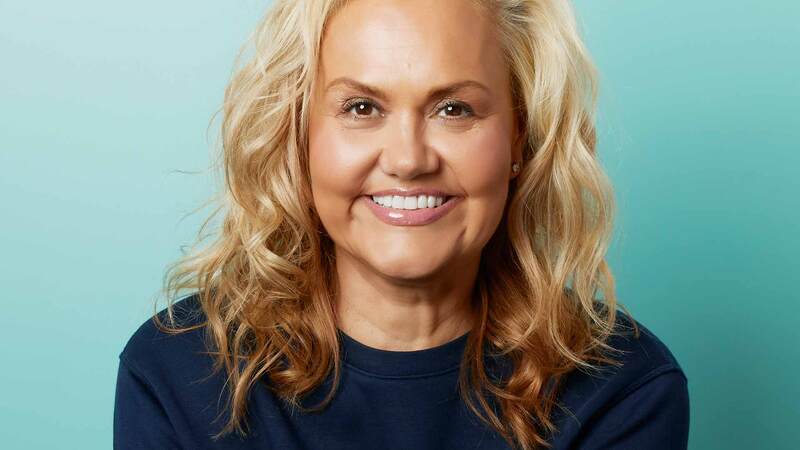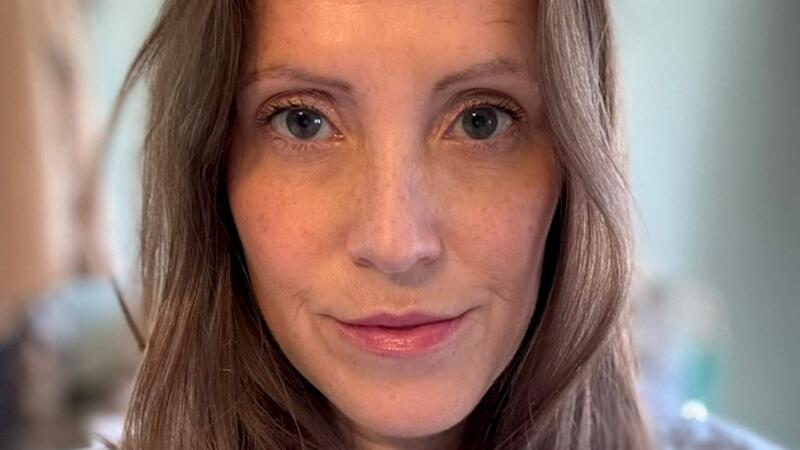You are viewing your 1 free article this month. Login to read more articles.
Caring about carers
A new prize aims to support an often unacknowledged group in publishing: writers who are also carers.
There are around seven million carers in the UK; that is, one in 10 of the population is a carer, a person who looks after a family member, partner or friend who needs help because of their illness, frailty, disability, a mental health problem or an addiction and cannot cope without their support. The care they give is unpaid. While caring is predicated on love and concern, it can be debilitating and stressful, not least because we may also face struggles for assessment, diagnoses, support and funding. I want to share that it has been a bewildering lived experience for me as a young carer, and more recently as a mother.
So, for those authors who are carers, what have been the challenges within the publishing industry? How have carers been unacknowledged and unsupported? A range of writers shared their stories, and I have incorporated my own experience into this account. Let us begin with the assumption that everyone can attend events in person. This is not practical for many writers with caring responsibilities, so they self-exclude themselves from opportunities with writing retreats, residential stays or events that require time away. Then, there is still an assumption that writers will do unpaid work. Many carers are struggling economically, because financial support, even at best, is negligible. Moreover, there can be a degree of isolation as a carer, and isolation harms self-esteem: if you are not remunerated for creative work, I assure you that that self-esteem is further eroded.
Who could be more committed than the author who completed a novel and edited it while frequently heartbroken and eviscerated by stress and the physical and emotional demands of caring?
In another area, while we all ought to understand that rejection is hardwired into publishing, ghosting ought not to be. It is hard for those querying and then for those receiving radio silence after a full manuscript request. Then, once agented, if you were to write a novel in scraps of time and on night watch, up and down, to have that novel be repeatedly ghosted by publishers while on agency submission would be ghastly. This is a situation we need to change for the good of all. Moreover, if you are a carer you may need a rigid timetable that you have to stick to in order to look after someone, earn money and care for yourself; if communication from the industry is poor or inconsistent, or if little notice is given for something, I can assure you from personal experience that it is really upsetting. Some writers had their commitment questioned because they were not readily available. I ask: who could be more committed than the author who completed a novel and edited it while frequently heartbroken and eviscerated by stress and the physical and emotional demands of caring?
Broadly, I think that there needs to be a proper conversation between the industry and writers with caring responsibilities about how they make their work, and what support looks like for them. We must ensure that carers feel seen and acknowledged. So, I have started a new literary prize, The Curae, born of the rationale that the opportunity to pursue a writing career should be open to carers. Let us care for the carers! Ambition, intellect and artistry should not be allowed to wither; should not only be for the privileged, the independent and the footloose. Industry response has been fantastic. I have superb judges on board and the involvement of literary agencies – The Good Literary Agency, Andrew Nurnberg Associates Ltd literary agency, Wolf Literary NYC and North Bank Talent – plus publishers and organisations such as Mslexia, Arvon, Jericho Writers, The Society of Authors, a bursary for two winners and a wealth of input from writers, small publishers, editors, alongside specific championing of writers and would-be writers from marginalised groups.
And I want to do more. There are approximately 800,000 young carers (aged 5-18; I was one) in the UK, so it is my plan (drawing on my background in education) to develop outreach for the Curae, bringing those into the industry whose life chances are curtailed when they are so young. Publishing can address this area of structural inequality for people of all demographics, and I believe that what I will develop here may be far more important than any book I write myself. I have already been contacted by large numbers of people telling me that, for the first time, they feel seen and acknowledged. This, together with the wonderful industry response to the Curae, spurs me on. We are going to do good things – we have begun.
If you would like to contribute to the two bursary prizes, do please let me know. If you are a carer and a writer, you can find supportive groups here (you need not be a member of SoA to join the Facebook group): societyofauthors.org/Groups/Carers and www.facebook.com/groups/WritersasCarers.



















